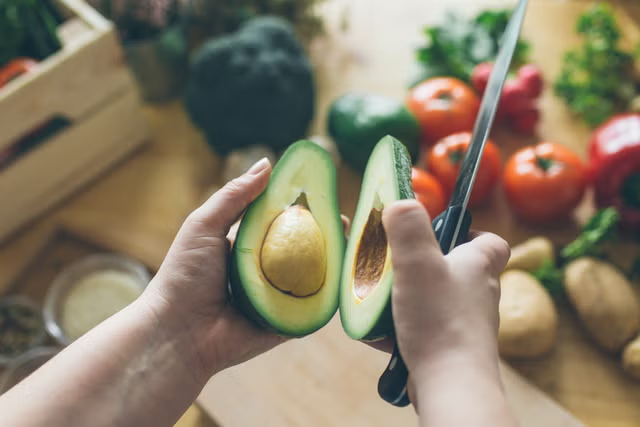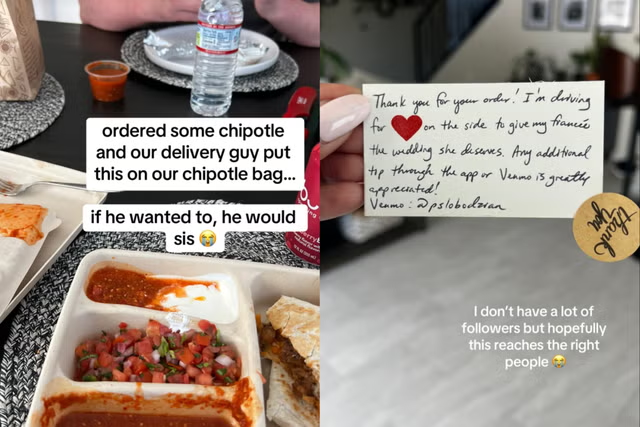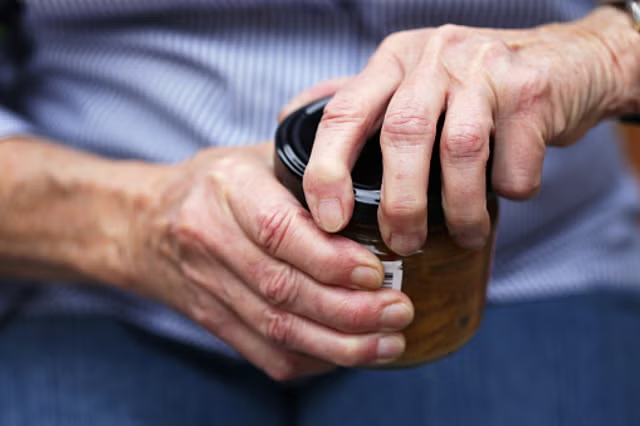“I eat an enormous amount of sugar,” announced Rishi Sunak on Sky News last week. As soundbites go, it was never likely to turn the opinion polls around overnight. But maybe it went some (small) way to making him seem a bit more relatable to the average voter. “I’m very unhealthy in that regard, which I was talking to someone earlier today about,” he told Sky’s political editor Beth Rigby. “They were genuinely surprised about the amount of Haribos, Twixes and everything else that I get through, particularly during an election campaign.”
We all know how easily a busy work schedule, combined with excessive travel, can sabotage our healthy eating plans. Whether you have a hectic family life, you’re an office-worker juggling multiple priorities or find yourself constantly on the move, keeping energy levels up in a healthy way is possible. So what could Sunak – and the rest of us – be eating to keep our energy up, brains sharp and waistlines in check? Here’s what two leading health and nutrition experts suggest.

Prep, prep, prep
“The surest way to get caught out and resort to bad food choices is lack of preparation,” says Simon Waterson, personal trainer to Hollywood stars including Daniel Craig, Tom Hiddlestone and Chris Pratt. “When we’re filming on location I make sure clients have nutritious shakes and smoothies prepared in advance to boost energy. I will also make up ginger and turmeric shots to boost immunity because busy schedules can make you vulnerable to illness.”
Best-selling author and nutrition expert Sam Rice says you should never leave things to chance. “Nuts, individual cheese portions, hummus and crackers, and fruit are all easy, quick, and nutritious and you can grab these before you leave the house.”
Put down the Haribos
“Sugary snacks are the easiest thing to grab on the go but also the worst,” says Waterson. “They will give you a short burst of energy but then a massive crash as you go hyperglycemic. This in turn makes you crave more sugar and you get into a vicious cycle. The trick is to just avoid any sugar in the first place.”
Rice goes one step further and suggests giving all simple carbs (including white bread) the swerve. “Instead, look for complex carbs that provide slow-release energy and fibre, such as fruit, vegetables, whole grains, chickpeas, and lentils,” she says. “Many fast-food places these days offer tasty salad options that combine these sorts of ingredients.

Fill up on water
“If you are caught short, stick to drinking just water to stay hydrated and prevent travel headaches,” says Sam Rice. Water makes up 75 per cent of brain mass and studies suggest proper hydration has a positive effect on the cognitive function so important to campaigning politicians. It can also help stave off the urge to snack.
“The body can mistake thirst for hunger,” says Waterson. “I always advise people to drink water before they reach for food – and often that’s enough. When you’re on the move all day, it’s tempting to keep knocking back the coffee but this will eventually dehydrate you. At the very least, make sure you hydrate before you caffinate in the morning. And I usually suggest adding a rehydration sachet [available in any chemist] to water to improve the impact.”
Feed your brain
Waterson works with busy actors with lines to learn – so keeping their brains sharp is as important as keeping their stomachs satisfied. The rules are the same for politicians, he says: “I’d say feeding your brain is just as important as nourishing your body. Your brain is responsible for making healthy decisions so make sure you’re eating stuff that keeps it functioning properly.
“Bananas are great because they are high in potassium, which is great for cognitive function. Berries are great too. There is also a good amount of evidence that taking creatine as a supplement is great for the brain – I always advise my clients to use it when they are on the move and under pressure.”
Stay fuller for longer
If you don’t have many chances to eat, make sure you’re filling up on things that will release energy slowly and leave you satisfied throughout the day. “Try and include lean protein wherever possible – yogurt, tuna, eggs, chicken, tofu, beans – these are simple whole foods that will keep you feeling fuller over the course of the day so you are less likely to resort to sugary snack foods,” says Sam Rice. “Healthy fats are also very satiating. So nuts, seeds, oily fish like salmon, eggs and avocado are all good things to look for when making food choices.”
Something is better than nothing
“Routine can go totally out of the window when you’re on the road so you have to accept that the usual three meal structure of the day is unrealistic,” says Waterson. “Grazing is fine because it makes sure you are constantly fuelled. Even when you can’t get the very healthiest foods, something is better than nothing. My advice is get the healthiest thing at the petrol station if you have to – they usually have some sort of fruit. As long as you can stick to eating well 60 per cent of the time then that’s a positive.”
Rice agrees that there’s always a healthier option (even if it isn’t the absolute healthiest). “Many train services offer healthier porridge or protein-based options, like a chicken or tuna salad sandwich,” she says. Just give the crisps, biscuits and chocolate bars a miss.”
Five golden rules for eating on-the-go
- Choose protein-based options wherever possible. They will keep you fuller for longer.
- Eat berries and bananas to support your brain to make healthier choices.
- Keep a bottle of water with you at all times to stay hydrated.
- When you only have small windows in which to eat, choose whole grain, slow release carbs.
- Pack snacks like nuts and cheese. Healthy fats are satiating, making it easier to keep away from sugary snacks.
Disclaimer: The copyright of this article belongs to the original author. Reposting this article is solely for the purpose of information dissemination and does not constitute any investment advice. If there is any infringement, please contact us immediately. We will make corrections or deletions as necessary. Thank you.



